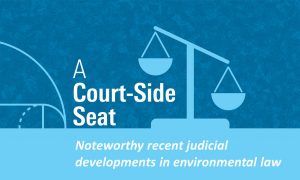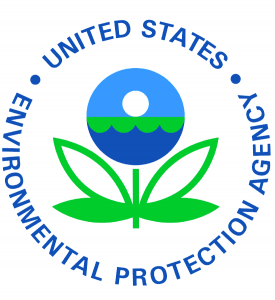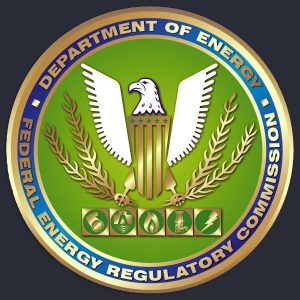In just the past few weeks, three states have used their Clean Water Act 401 authority to delay, for an indefinite period, FERC-authorized pipeline expansion projects. On May 6, 2019, the Oregon Department of Environmental Quality denied, without prejudice, Jordan Cove’s application for a Section 401 water quality certification. Jordan Cove plans to build an LNG export terminal at Coos Bay, Oregon, if it can obtain the necessary federal and permits. Under Section 401(a) of the Clean Water Act, any applicant for a federal permit to conduct any activity, including the operation of facilities which may result in any discharge into the navigable waters, shall provide the permitting agency a certification from the State in which the discharge may originate that any such discharge will comply with the applicable provisions of the Clean Water Act, including effluent limitations and state water quality standards. The States have a “reasonable time”—which shall not exceed one year after the receipt of the 401 application—in which to act, or the state’s authority may be waived by this inaction. The Oregon DEQ concluded that Jordan Cove has not demonstrated that its project, as presently configured, will satisfy state water quality standards. The 401 applications submitted by Transcontinental Gas Pipe Line Co. (Transco) to the New Jersey Department of Environmental Protection and the New York State Department of Environmental Protection were similarly rejected without prejudice on May 15, 2019 (New York) and June 5, 2019 (New Jersey). This use of the states’ 401 authority has frustrated plans to build and operate LNG pipelines around the country.
Continue Reading ›
 Gravel2Gavel Construction & Real Estate Law Blog
Gravel2Gavel Construction & Real Estate Law Blog





